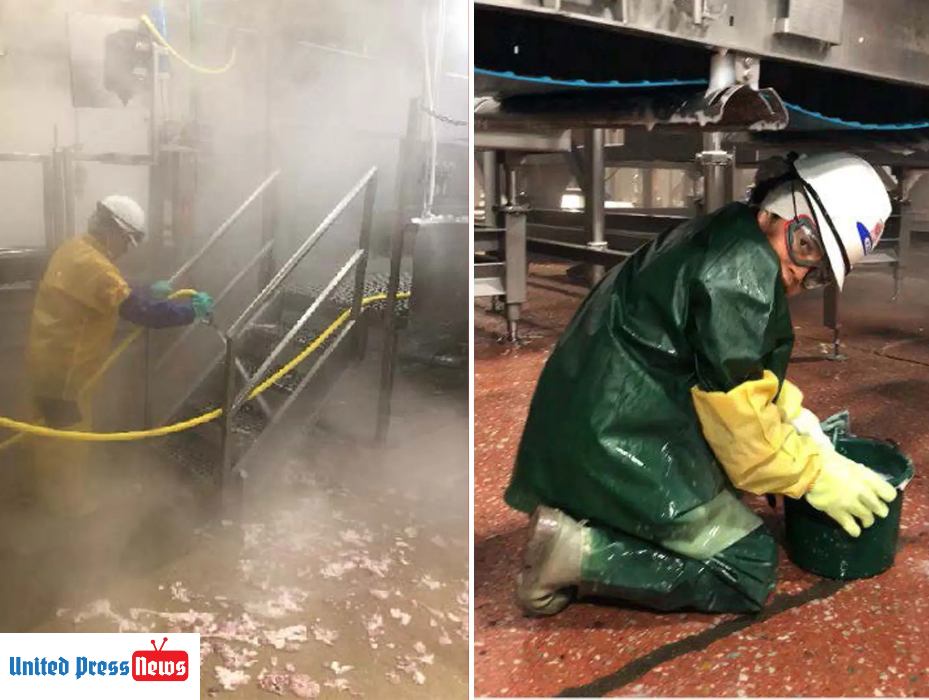102 Kids Worked Dangerous Jobs in U.S. Slaughterhouses
PACKERS SANITATION SERVICES PAID 102 KIDS TO WORK ILLEGALLY IN SLAUGHTERHOUSES
In general, child labor is illegal in the United States. But you might be surprised to learn that many companies still use kids these days as labor doing some pretty dangerous jobs in America. Most people will only hear about how Packers Sanitation Services employed 102 kids to work in US slaughterhouses as we hear reports of their recent settlement for doing so. In fact, we’re hearing reports of how that settlement is incredibly small, and how gleeful Packers Sanitation Services is about it in their own press releases. The penalty for employing kids to do dangerous work in hazardous conditions in Slaughterhouses is a mere $15,000 per child.
Read More: Man Killed By Own Gun Being Near Active MRI Machine
GRAND SUM FINE FOR ILLEGAL SLAUGHTERHOUSES CHILD LABOR IS $15,000 PER CHILD
Packers Sanitation Services made it clear that they have a zero-tolerance policy against employing anyone under the age of 18, and vows full compliance at all their locations. That’s nice, considering they were caught paying 102 children to clean carcass-splitting saws at abattoirs. Oddly, the Department of Labor’s own statement about the issue reveals that the company knew they were employing children for this work, and that its staff lied to obstruct the investigation. Yet the penalty is still only $15,000 per child. It’s enough to make you wonder why they bothered investigating the case.
Related:
WAS ILLEGALLY EMPLOYING CHILDREN IN SLAUGHTERHOUSES A NUMBERS GAME?
A cynic might wonder about the cost effectiveness of Packers Sanitation Services illegally employing 102 kids to do dangerous, hazardous adult work. Is a $15,000 payout per child, combined with whatever they paid them to do the work, less than it would have cost them to legally employ 102 adults to do the same work? Because now there’s precedent for the company to consider, just like Ford motor company had when it decided not to pay a little extra to keep people from burning to death in the Ford Pintos.






